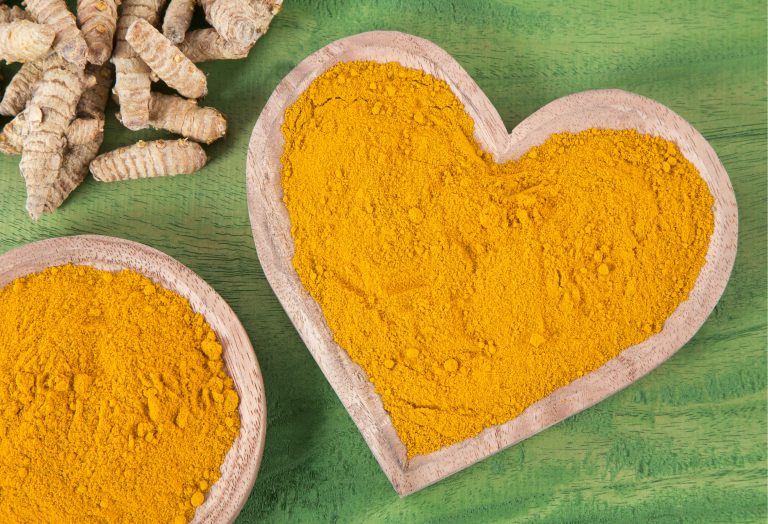Did you know that your heart beats about 100,000 times every day? That’s a lot of beating! You only have about 6 litres of blood, but the powerful heart muscle pumps blood around your body through all your organs, and through the miles of arteries, veins, and capillaries all day every day.
With cardiovascular disease being the leading cause of death in New Zealand, there is so much that can be done nutritionally to support our heart health. Modern natural approaches have a multifaceted approach to heart health, including changes to diet, herbal and nutritional medicines, and lifestyle changes. It’s also essential to consider whether sleep is sufficient and exercise is a natural part of life. Stress will also increase oxidative damage and increase the requirement for magnesium, so stress reduction is important.
When considering the health of the heart, it’s essential to consider how much inflammation or oxidative damage is contributing, and make changes to reduce these damaging factors.
Heart health champions:
Magnesium: The heart uses this mineral for its normal healthy rhythm. It supports blood pressure by helping to dilate the arteries, and protects from free radical damage. Magnesium is used to help produce the energy currency that the body uses. An ideal form of magnesium for heart health is Magnesium orotate. Good food sources include almonds, kelp, eggs, cocoa, buckwheat.
B6, Folic acid, and B12: Combined, these B vitamins support the body to manage homocysteine. When homocysteine is elevated, the risk of heart disease is increased. Good food sources include chicken, salmon, green leafy vegetables, lentils, and eggs.
Vitamin C: A powerful antioxidant that supports the synthesis and prevents the breakdown of nitric oxide – a chemical the body produces that helps healthy blood pressure and prevents oxidative damage. Food sources include kiwifruit, guava, lemon, and broccoli.
Vitamin E: Another vitamin that supports the body as an antioxidant, but this time, by protecting the oxidation of ‘bad’ LDL cholesterol, and lowering the amounts. Vitamin E helps keep arteries healthy. Good food sources include almonds, egg yolks, and corn.
Omega 3: EPA & DHA are the Omega 3 fatty acids that are found in fish oils. These support the heart by lowering blood pressure and reducing inflammation. Omega 3 needs to be consumed in the diet because the body doesn’t make it. Good food sources include salmon, herring, and other dark oily fish.
CoQ10: Found in high levels in the heart, it helps to keep LDL cholesterol low and also helps recycle Vitamin E back into a usable form. good food sources include almonds, salmon, broccoli, rice bran, sesame seeds, and soy.
Grapeseed (Vitis vinifera): A good source of antioxidants called oligomeric proanthocyanidins (OPCs), which protect the arteries, capillaries and heart against free radical damage and oxidation.
Turmeric (Curcuma longa): Turmeric helps to lower the lipids in the blood, particularly undesirable LDL cholesterol and total cholesterol.
Ginger (Zingiber officinale): Similarly to turmeric, ginger can support healthy blood lipids and cholesterol. Being quite stimulating in nature, ginger can support circulation and is a powerful antioxidant.

As much as it is important to put healthy ingredients in, it’s also important to take some things out of the diet. The main things to avoid are trans fats. Trans fats are also known as partially hydrogenated oils, and are mainly a result of processing vegetable fats for processed foods. They contribute negatively to cholesterol and heart health. The World Health Organisation (WHO) recommends that less than 1% of the total intake of food is trans-fat. Sources of trans fat include deep-fried foods, biscuits and cakes made with margarine, or pastry.
Second hand smoke is another group of substances that is detrimental to heart health. The filter knocks out some of the toxic chemicals for the smoker, but the passive intake of smoke for the non-smoker (or pet) is highly toxic, depletes nutrients, and creates oxidative damage.
Taking care of our heart is a lifelong practice and the goals of a heart healthy diet should be to maintain healthy cholesterol levels and contain high antioxidants to prevent from damage to the tissues.


